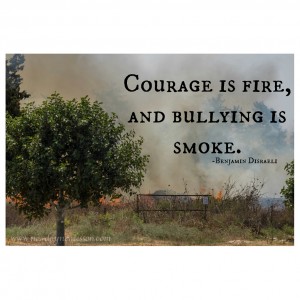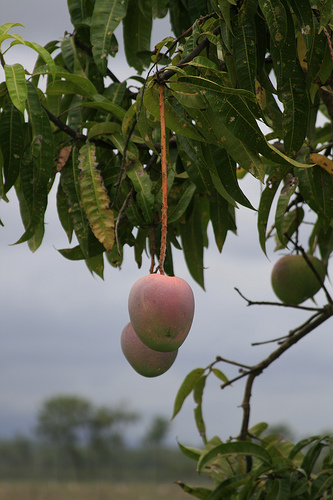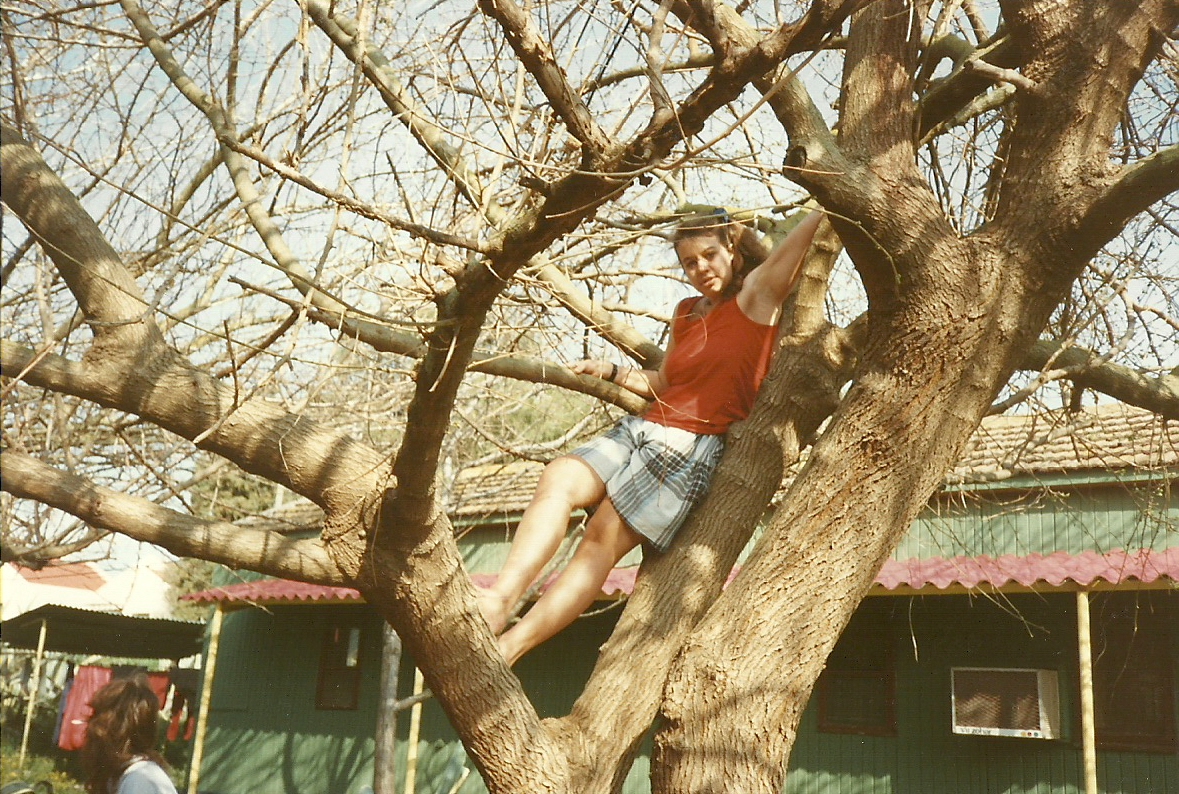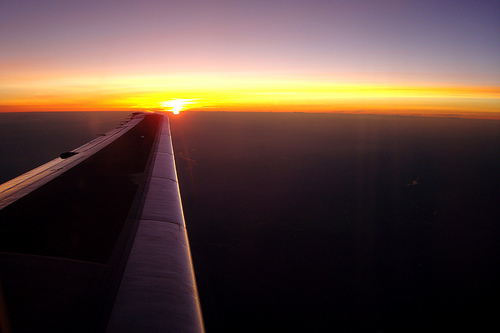Not long ago, on a really bad day, I told someone that parenting a child with autism was like living in a war zone. When I look at what’s going on in the world around me, I realize that that is a ridiculous and insensitive comparison. I mean, I have the privilege of living in Canada – one of the richest places in the world, a country teeming with opportunity, that truly believes in peace and human rights. There are people who are parenting their children in actual war zones, like my friend and fellow writer Susie Newday. She lives in Israel, and she has graciously agreed to share her perspectives here on my humble blog. Please read, and share, because this is a story that really needs to be told.
 Sometimes I manage an unplanned escape from the reality around me. I manage to forget about the reality in which air raid sirens are going off and depending where you live in the country you have between 15-90 seconds to get to a safe room or a bomb shelter before a rocket might hit. Most of the time we’re lucky, the Iron Dome Missile Defense System blasts the rockets in mid-air and all that’s left to worry about is shrapnel. Not that shrapnel is safe, it was deadly enough to kill a Thai worker today.
Sometimes I manage an unplanned escape from the reality around me. I manage to forget about the reality in which air raid sirens are going off and depending where you live in the country you have between 15-90 seconds to get to a safe room or a bomb shelter before a rocket might hit. Most of the time we’re lucky, the Iron Dome Missile Defense System blasts the rockets in mid-air and all that’s left to worry about is shrapnel. Not that shrapnel is safe, it was deadly enough to kill a Thai worker today.
I’m one of the lucky ones. I’m not an old person who can’t run to shelter. I’m not a parent of a special needs child who has a hard time coping with change. I don’t live in the south where there has been a massive barrage after barrage of rockets. There, a whole decade of children have grown up with unexpected yet consistent rocket attacks, even after Israel displaced 10,000 Israeli citizens in 2005 and withdrew from Gaza.
Like many people in Israel, we didn’t really understand what our fellow citizens from the south were living through, until the rockets starting raining down on Tel Aviv, Jerusalem, Herzilia, Haifa and many more cities. Just imagine New York City, Paris, London or Ottawa being fired upon with even one rocket, let alone multiple non stop rockets. Would the governments of any of those countries go even one day without trying to wipe out the terrorists responsible? I think not. But for years Israel has not responded, because we don’t want to go to war.
In less than a month, there have been over 2000 rockets fired at Israel from Gaza by Hamas terrorists. Terrorists who hate us more than they love their children. They shoot the rockets from schools and hospitals while their children watch and are being unwittingly used as human shields. They build extensive tunnels originating under mosques, schools and residential buildings. Tunnels that cross underground into Israel with openings right near playgrounds and houses. Tunnels that have been used for terror attacks.
It’s odd how in just two weeks time, sirens and running for shelter or crouching on the ground with your hands over your head, have become routine for me, even when a rocket, not shrapnel lands less than a ten minute drive away. Because I have the luxury of 60-90 seconds to find shelter, when a siren goes off, I am not in a hurry or panic, the way the citizens of the south are.
“I was shaking from fear.” my 8 year old daughter told me about her first experience with a siren. They were rushed by their counselor in summer camp into a safe room and read psalms together.
She started refusing to go upstairs by herself because “what happens if there is a siren.”
And when we finally convinced her it was okay, while she was taking a bath one evening, the siren went off and my husband ran to yank her out of her bath and run with her to our safe room. As soon as we closed the door there were a few loud booms. You are supposed to stay in the safe room/shelter for 10 minutes. We waited impatiently, everyone checking their cell phones for news hoping that there were no casualties or damage. Then my husband remembered that he forgot to shut off the bathtub and he went upstairs to close the water.
And I wonder what kind of world we live in that I need to have a special concrete and metal fortified safe room.
Sometimes when the TV and radio are off and I’m not on Facebook, I can forget the collective unbearable pain of my country and its citizens. So far my heart has stopped 32 times, with the announcement of the death of each soldier.
My second son is in an elite urban warfare combat unit as is my nephew. My other nephew is in a tank in Gaza. But even if my son and nephews weren’t soldiers, the pain would be no less unbearable. I cry for the loss of tomorrow, for the future that will never be. I cry for the over 150 soldiers who have been injured and for the families who will never be the same. I cry for the innocent civilians on both sides who are being injured and killed because of extremist Islamic radicals who only know hate. They don’t care about their own people, all they care about is killing Jews and wiping the State of Israel off the map.
When the television and radio are turned off I can sometimes pretend that I’m not living in limbo and uncertainty. When the sirens don’t go off at work and I don’t have to round up my oncology patients hooked up to their IV chemotherapy and escort them to a safe room, I can sometimes forget the reality that I’m living in a tiny country hated so much by so many. The only democratic country being condemned over and over by people who claim they are pro human rights. As Hillel Neuer, Executive Director of UN Watch said on July 15, 2014:
“If in the past year you didn’t CRY OUT when thousands of protesters were killed and injured by Turkey, Egypt and Libya, when more victims than ever were hanged by Iran, women and children in Afghanistan were bombed, whole communities were massacred in South Sudan, 1800 Palestinians were starved and murdered by Assad in Syria, hundreds in Pakistan were killed by jihadist terror attacks, 10,000 Iraqis were killed by terrorists, villagers were slaughtered in Nigeria, but you ONLY cry out for GAZA, then you are not pro HUMAN RIGHTS, you are only ANTI-ISRAEL.”
And he is right. As Dennis Prager said: “As hard as it is for modern, rational and irreligious people to accept, Israel’s Jewishness is a primary reason for the hatred of it. ”
Yet even with all the pain and uncertainty and fear, I feel proud. Proud to be an Israeli, proud of my sons, daughters and countrymen. I am proud of the ethical and compassionate army we have, the only army in the world who puts their our own soldiers’ safety at risk in order to minimize civilian casualties. The only army that spends days warning civilians to evacuate, dropping leaflets in Arabic and making phone calls. They do all this at the expense of tactical surprise. Bombing strikes are called off when there are civilians in the vicinity, called off leaving the units on the ground with less support than they should have.
I want evil wiped out. I want peace, real peace, not one sided concessions. I want to be able to raise my children in security and without fear. And sadly it seems like a far fetched dream. If someone hates you for your religion or country, how will they ever see past that hate to get to know you as a person? How will they ever see that you are a mother or father like they are?
I pray in my heart that one person at a time can bring about change. I pray that one connection at a time with people different than myself will bring about an ever growing ripple that can and will change the tide of hate and war.
I pray for the day when no nation will want to go to war against another because we will all live in peace.
Susie Newday is a happily married mother of 5. Born in the USA, she moved to Israel at age 21 when she was pregnant with her second child. By profession she is an RN, and now works in outpatient oncology after 15 years as an ER nurse. For fun she loves to take photos, write, drive people crazy on Facebook and of course to write. You can find her musings in many places including on her blog New Day New Lesson as well as World Moms Blog.












